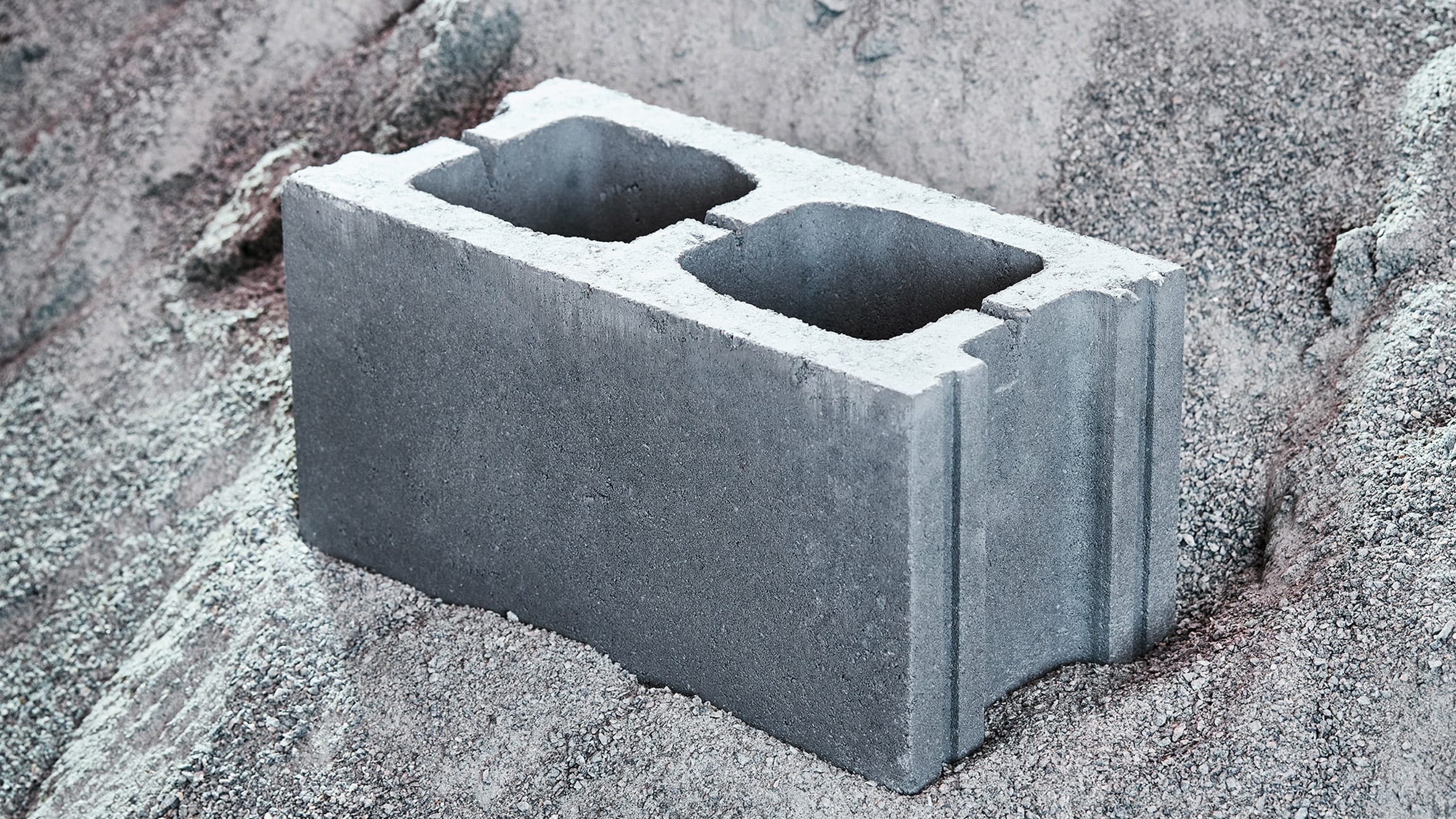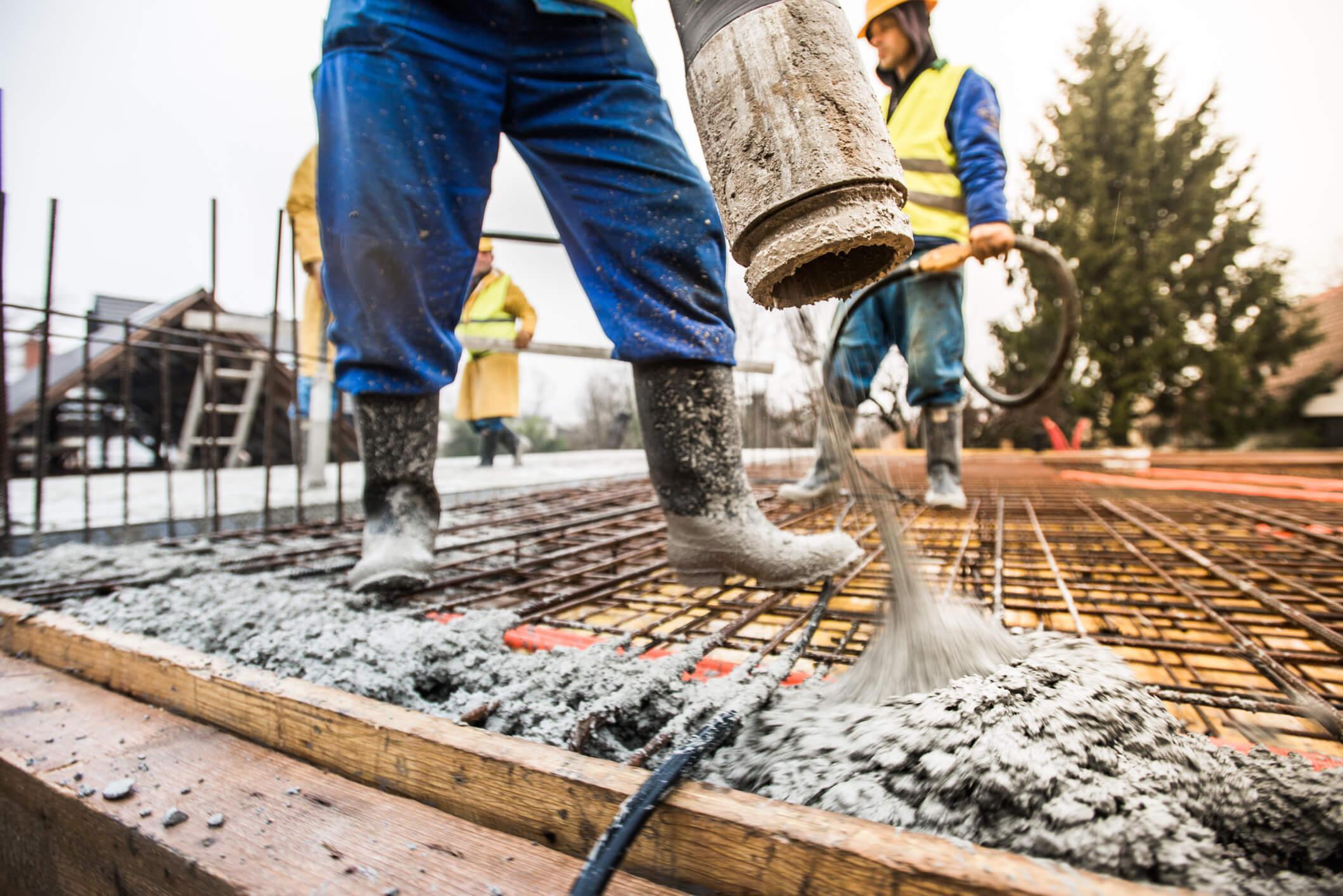Comprehensive Overview to Concrete: From Setup to Completing Touches
Comprehensive Overview to Concrete: From Setup to Completing Touches
Blog Article
Introducing the Eco-Friendly Advantages of Using Recycled Concrete in Sustainable Building And Construction Practices
In the world of lasting construction techniques, the use of recycled concrete stands as a critical yet often underestimated source. Beyond its standard applications, recycled concrete offers a myriad of eco-friendly benefits that extend far past the boundaries of standard building products.
Environmental Benefits
Undoubtedly, one of the most significant benefits of making use of recycled concrete is its favorable influence on the setting. By integrating recycled concrete into construction techniques, there is a substantial decrease in the requirement for new raw products, leading to preservation of natural deposits. This procedure assists in protecting aggregates, water, and power that would have been utilized in producing brand-new concrete. Furthermore, the use of recycled concrete diminishes the quantity of waste being sent out to garbage dumps, thus reducing ecological air pollution and easing the stress on landfill abilities.

In contrast, recycled concrete has a lower carbon footprint as it lowers the demand for new concrete manufacturing. On the whole, the environmental benefits of using recycled concrete are significant and play a vital role in advertising eco-friendly building and construction methods.
Cost-Efficiency
Accomplishing cost-efficiency is a vital factor to consider when evaluating the utilization of recycled concrete in building and construction tasks. Among the vital benefits of making use of recycled concrete is its cost-effectiveness compared to standard concrete. The manufacturing of recycled concrete involves much less energy and sources as it makes use of existing materials, minimizing the overall task prices significantly. Furthermore, the schedule of recycled concrete locally can even more reduce transport expenses, making it a more economical option for building and construction projects.
Additionally, the usage of recycled concrete can lead to cost savings in garbage dump expenses by drawing away concrete waste from disposal sites. This not just reduces the environmental impact but also eliminates the expenses connected with waste elimination. Moreover, the durability and performance of recycled concrete approach traditional concrete, making sure that expense savings do not compromise the quality of the construction.
Sturdiness and Toughness
Recycled concrete deals comparable, if not premium, longevity and strength residential properties to traditional concrete - Concrete. With improvements in processing methods and quality control, recycled concrete can satisfy or go beyond the performance requirements of conventional concrete.

Waste Reduction
When it comes to making use of recycled concrete, waste decrease is a vital advantage that adds significantly to environmental conservation. By including recycled concrete right into building and construction jobs, this waste is repurposed and drawn away from land fills, lowering the total ecological effect of construction tasks.
Additionally, the use of recycled concrete can lead to set you back you can find out more savings for building and construction projects, as it is commonly much more budget-friendly than sourcing and transferring brand-new products - Concrete. In conclusion, waste decrease through the use of recycled concrete is go now a vital element of lasting construction techniques that profits both the building and construction and the environment market as a whole.
Power Preservation
Energy conservation is an essential aspect of lasting building methods, intending to lower the overall energy intake connected with structure operations and materials production. Considerable energy cost savings are achieved compared to standard concrete manufacturing when it comes to utilizing recycled concrete in building and construction. The procedure of creating recycled concrete entails recycling and squashing existing concrete products, which takes in less energy than mining, processing, and delivering raw products for brand-new concrete production. In addition, making use of recycled concrete can help decrease the need for virgin accumulation, additional lowering the energy-intensive removal and handling of natural deposits.
Conclusion
Finally, the use of recycled concrete in sustainable construction techniques offers countless ecological benefits, cost-efficiency, durability, toughness, waste reduction, and power preservation. By incorporating recycled concrete right into building tasks, we can add to an extra sustainable and ecologically friendly future. It is vital for the construction sector to prioritize using recycled materials to aid reduce the ecological impact of building and construction activities.
One of the vital advantages of using recycled concrete is its cost-effectiveness contrasted to traditional concrete.In addition, the use of recycled concrete can lead to cost savings in land fill costs by drawing away concrete waste from disposal sites. The toughness and efficiency of recycled concrete are comparable to standard concrete, ensuring that expense financial savings do not compromise the high quality of the building and construction.

Report this page